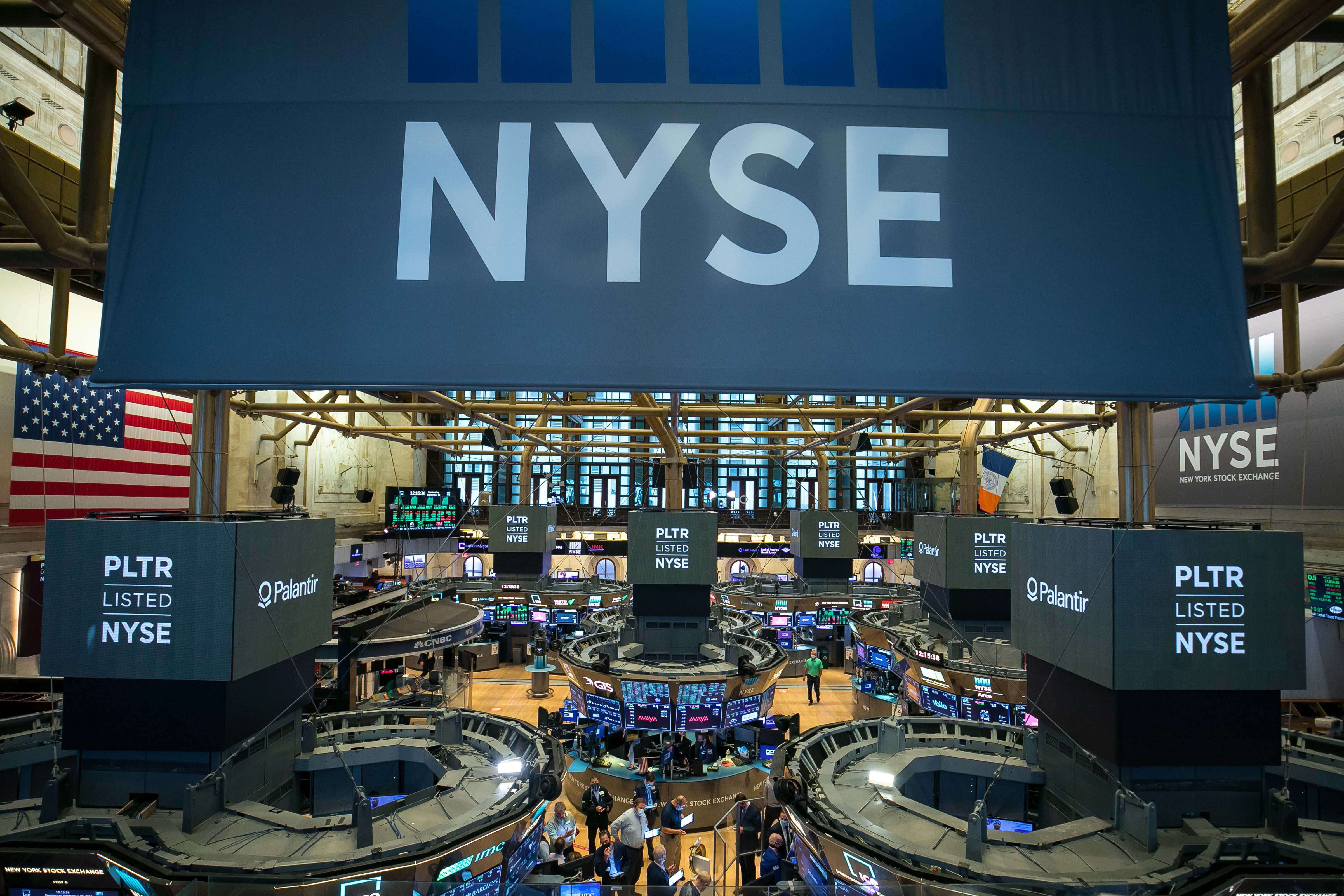Global financial markets rocked by Trump coronavirus diagnosis
Financial markets were volatile in the wake of the news with many analysts unsure of the economic implications

Your support helps us to tell the story
From reproductive rights to climate change to Big Tech, The Independent is on the ground when the story is developing. Whether it's investigating the financials of Elon Musk's pro-Trump PAC or producing our latest documentary, 'The A Word', which shines a light on the American women fighting for reproductive rights, we know how important it is to parse out the facts from the messaging.
At such a critical moment in US history, we need reporters on the ground. Your donation allows us to keep sending journalists to speak to both sides of the story.
The Independent is trusted by Americans across the entire political spectrum. And unlike many other quality news outlets, we choose not to lock Americans out of our reporting and analysis with paywalls. We believe quality journalism should be available to everyone, paid for by those who can afford it.
Your support makes all the difference.Financial markets around the world responded to the stunning news that Donald Trump has contracted coronavirus just a month out from the US presidential election with volatile trading and a dash to safety.
Company share prices in Asia wilted overnight as soon as the news broke. European stock market were also down.
American stock markets opened sharply lower, with the S&P 500 shedding 1.4 per cent and the Nasdaq losing 1.7 per cent.
More than nine out of ten stocks were trading lower, with Apple, the world’s most valuable listed company, down 2 per cent.
The value of traditional safe-haven assets, including US government debt and the Japanese Yen, rose.
A much-watched market volatility index spiked higher, as traders scrambled to process the implications of the news that the president would be self-isolating rather than campaigning for the next fortnight.
Analysts were unsure what to make of the news from the White House, with some suggesting that it would make a victory for the Democrat candidate Joe Biden – who is ahead in the polls - in November more likely, but others speculating that Trump could benefit from a sympathy vote.
“A close and contested outcome with a drawn-out period of rancour and instability would be bad news for markets,” said Trevor Greetham, of Royal London Asset Management.
“If anything the President’s illness makes that more likely.”
Meanwhile, the US Bureau of Labor statistics reported on Friday that the US economy created 661,000 new jobs in September, lower than analysts’ expectations and a marked slowdown on previous months.
It comes as proposals to extend trillions of dollars in emergency aid to jobless households and struggling US businesses remains blocked in Congress.
“Job growth is moderating just as fiscal aid is expiring – a toxic cocktail,” said Kathy Bostjancic of Oxford Economics.
“The slowing momentum in the labor market bodes poorly for the broader recovery and points to increasing scarring effects from the crisis.”
Analysts said further politics-driven volatility for financial markets was likely over the coming weeks.
“With a further stimulus package still stuck in Congress, a race to confirm a Supreme Court justice, and concerns around mail-in ballots, this [the President’s coronavirus infection] is another twist in an already uncertain election,” said Randeep Somel of M&G Investments
“The markets over the next month are more likely to be driven by news from Washington than fundamentals.”



Join our commenting forum
Join thought-provoking conversations, follow other Independent readers and see their replies
Comments